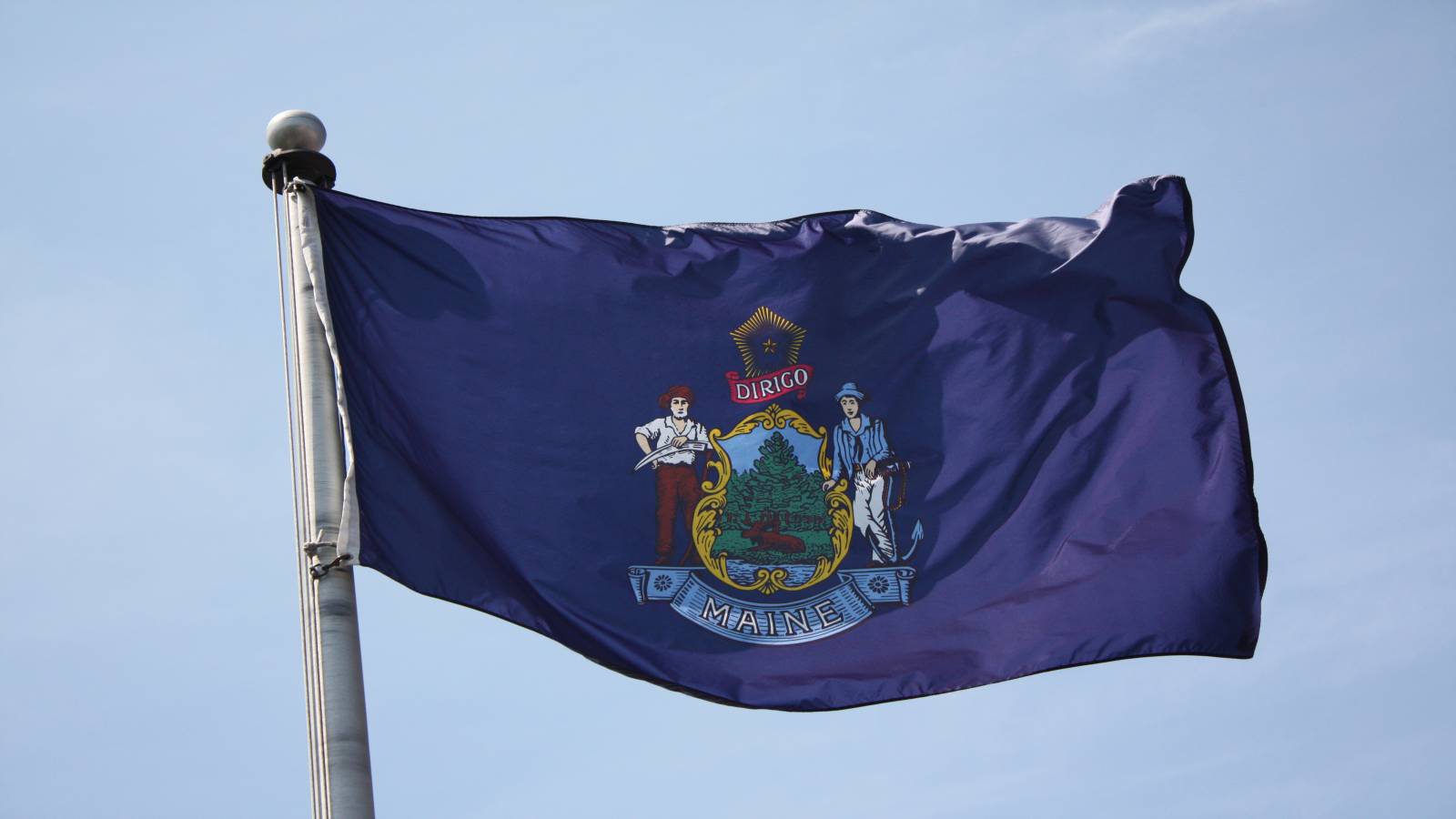US Online Casino Expansion Hopes Fade As Maine Bill Loses House Vote
One day after Maryland's bill to legalize iGaming met its demise, a close House vote in Maine made passage in 2024 a longshot.
2 min

Maine’s legislative journey with LD1777, the bill aimed at legalizing online casinos, has been a tumultuous one. The bill, which would have granted the state’s tribes exclusive rights to offer online casino games, was narrowly defeated Tuesday in the House of Representatives with 74 votes against and 71 in favor.
Despite the setback, the bill’s sponsor, Rep. Laura D. Supica, managed to have the motion sent from the House to the Senate for consideration, leaving a glimmer of hope for its revival. This legislative maneuvering indicates that while the path to legalization is challenging, it is not entirely closed off. The Senate could still pass the bill, and if it does, the House would have the opportunity to reconsider its stance.
The bill aimed to benefit Maine’s indigenous tribes, the Wabanaki Nations, which include the Mi’kmaq Nation, the Houlton Band of Maliseet Indians, the Passamaquoddy Tribe, and the Penobscot Nation. It would have given them exclusive rights to operate online casinos alongside their existing mobile sports betting offerings.
Proponents argued this would create new jobs and boost the state’s economy. Additionally, regulating online casinos could capture revenue already flowing to out-of-state platforms. There would be a 16% tax rate that would potentially generate more than $3.8 million in the next fiscal year, according to previous state-led studies.
Opponents voiced concerns about potential gambling addiction and competition with existing brick-and-mortar casinos, which contribute significantly to state revenue. The bill’s defeat seemed to spell its end.
Two in one week
Earlier in the week, Maryland’s attempt to legalize online casinos met its demise as the legislative session concluded on Monday without the bill advancing. The initiative, which had previously failed to progress last year, did not include online casino revenue in the state’s budget. This once again signaled a lack of legislative appetite for the measure.
Maryland’s bill, SB603, aimed to allow state casinos and VLT operators to offer online casinos, with additional licenses available to certain companies. However, concerns about the potential negative impact on existing VLT parlors and casinos contributed to the bill’s failure to gain traction.
Maine’s situation is unique in that the state’s tribes have been significant proponents of the bill. They view it as an opportunity to correct past wrongs and create economic development on tribal lands.
The state’s history of complex relations with its tribes adds a layer of significance to the bill’s potential passage. Gov. Janet Mills’ previous support for tribal-only legislation concerning sports betting suggests a possible alignment with the objectives of LD1777. However, her stance on this specific bill remains to be revealed.
If Maine were to succeed in legalizing online casinos, it would be a notable development, especially in light of Maryland’s failed initiative. Maine would become an example of how state-specific dynamics, such as the relationship between the government and indigenous tribes, can influence the outcome of such legislation.
The future of online casino legalization in both Maine and Maryland remains uncertain. However, the efforts in Maine, despite the recent defeat, suggest that the conversation is far from over. The state’s unique circumstances could still pave the way for it to become the next state to legalize online casinos.





